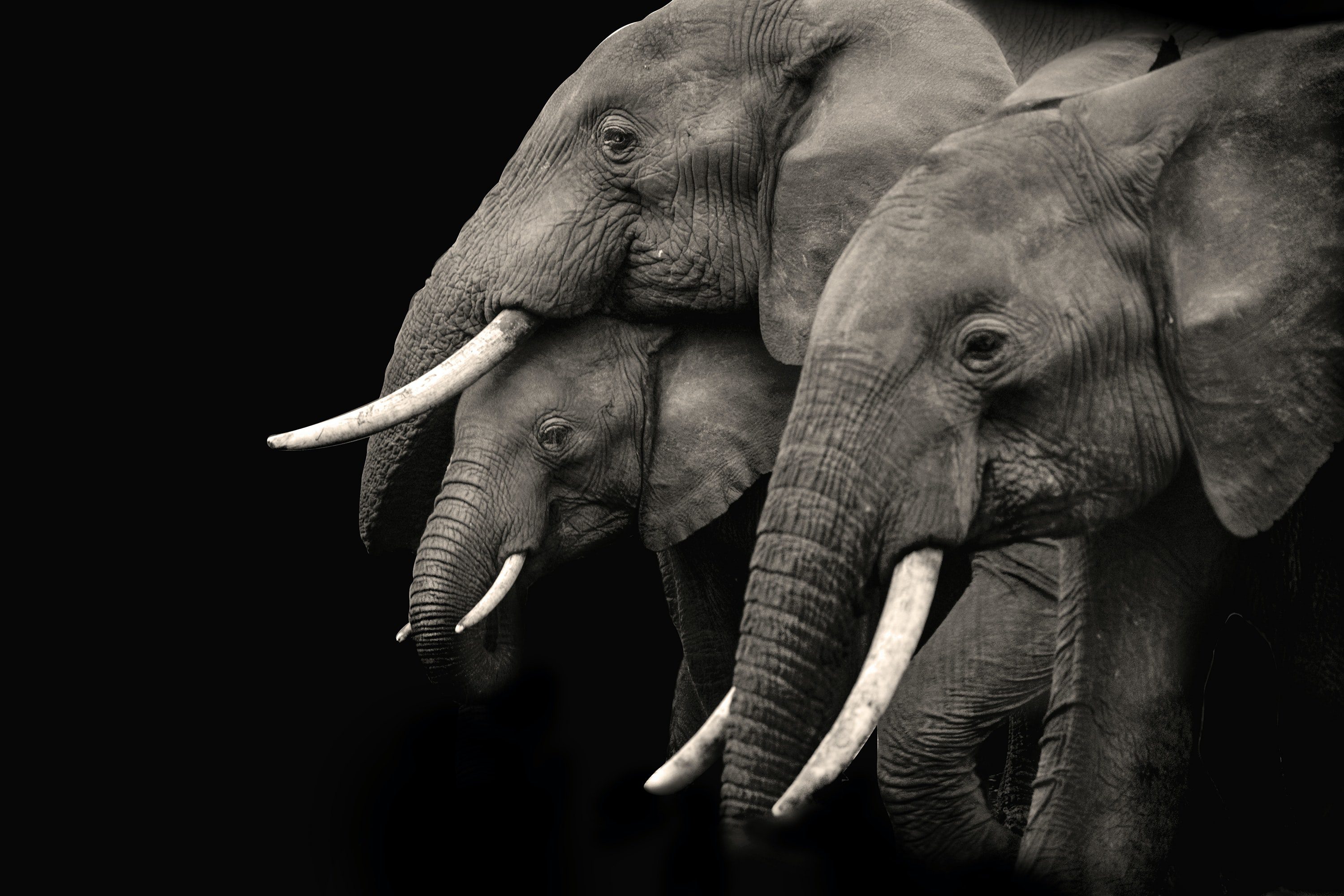As elephant trophy hunting in Zimbabwe resumes after a one-year-long pause caused by the COVID-19 pandemic, the debate around wildlife conservation in Africa has also resumed.
Trophy hunting, which is best described as killing animals for pleasure with the goal of later being able to display them as trophies, in Zimbabwe is business between the government and white tourists. Since 1991 the government has been issuing permits that cost around $10,000 each to hunt five hundred elephants.
Why elephants are being hunted
In the absence of proper funding, the main goal of allowing tourists to hunt elephants is to get the funds to better manage wildlife and to ironically support the conservation of the species. The Zimbabwean government claims that the practice is beneficial to local communities as it boosts the economy and allows parks to get money to finance their activities when tourism is dormant.
Nevertheless, Born Free, an international animal welfare charity, revealed that very little money from trophy hunting actually reaches local communities. Instead, as Dr. Mark Jones, the organisation’s Head of Policy, said: ‘trophy hunting deprives local people of their heritage, and the opportunity to benefit from non-destructive wildlife tourism, which generates far more money than trophy hunting ever can.’
Hunters claim that they want to contribute to fighting off poverty in the regions where trophy hunting happens, but in fact, their main motivation is to show off their wealth and use killed animals as valuable souvenirs. The economic values of an elephant are numerous: its skin is processed to make purses or rugs, and its trunks are turned into jewelry.
[perfectpullquote align=”right” bordertop=”false” cite=”” link=”” color=”” class=”” size=””]Overall, the economic contribution of elephant trophy hunting is relatively small, and there are other, more sustainable ways of generating income for the conservation of elephants, for example, photographic wildlife tourism or safari holidays.[/perfectpullquote]
Sadly, Zimbabwe is not the only African country where trophy hunting occurs. Twelve other African countries allow it. Governments in these countries argue that there are significant financial benefits associated with elephant trophy hunting and that, thanks to it, conservation efforts can be intensified. Still, whether it is justifiable to deliberately kill some animals to preserve others is disputable.
Trophy hunting is ironic in that it theoretically aims to protect animals but at the same time, it permits killing vulnerable species for recreational purposes. The goal of conservation is to ensure that animals can lead healthy, safe lives in the wild, so encouraging people to hunt them defeats the purpose of conservation efforts.
Ethical concerns surrounding the practice
Ethical considerations are the primary reason why elephant trophy hunting has been deemed controversial. Deliberately killing animals so that wealthy tourists can take them home and display them as trophies is animal cruelty. When hunters take part in elephant trophy hunting they pick their prey not based on which one is the weakest link and would not survive much longer in the wild but based on its size and physical characteristics. Instead of caring about preserving wildlife, they kill the strongest individuals, thus putting the safety of the rest of the herd at risk.
Africa is the continent with the richest wildlife that varies greatly from the one found in the Global North. Hunters from the United States or Europe find African animals more exotic than the ones where they live, and thus they are willing to pay large sums of money for the chance to hunt them and use their parts as trophies. Many of them, motivated by greed, are not aware of the fact that their activities pose a threat to the African ecosystem.
In the case of the elephants, for example, they live in groups with complex social structures and are capable of creating emotional bonds with other members. In fact, elephants recognise who belongs to their family group, and they are capable of passing knowledge on to their calves. Hence, killing one elephant causes distress to the rest of the herd and has a negative impact on their social structure.
Where does the money go?
As national parks in Zimbabwe are only partially funded by the government, in theory, elephant trophy hunting should complement the grants they receive and allow them to pay employees and assist with conservation. In practice, however, the administrative side of elephant trophy hunting is not always transparent and funds are often not traceable.
A big proportion of proceeds of the hunting permits go to professional hunters who serve as guides, as well as officials who facilitate the events. Zimbabwe is considered one of the most corrupt countries in the world, ranking 157th out of 180 countries in the 2020 Transparency International Corruption Perceptions Index, raising concerns about the money never reaching local communities.
According to a study by Economists at Large, only around three percent of the revenue that comes from trophy hunting is given to local communities.
Overall, the economic contribution of elephant trophy hunting is relatively small, and there are other, more sustainable ways of generating income for the conservation of elephants, for example, photographic wildlife tourism or safari holidays. The promotion of such activities could allow impoverished regions in Zimbabwe, and elsewhere in Africa, to generate income and preserve elephants without having to kill members of this vulnerable species.
Katarzyna Rybarczyk is a Political Correspondent for Immigration News. This is a media platform that helps to raise awareness about migrant injustices and news around the world and helps people get immigration advice.

